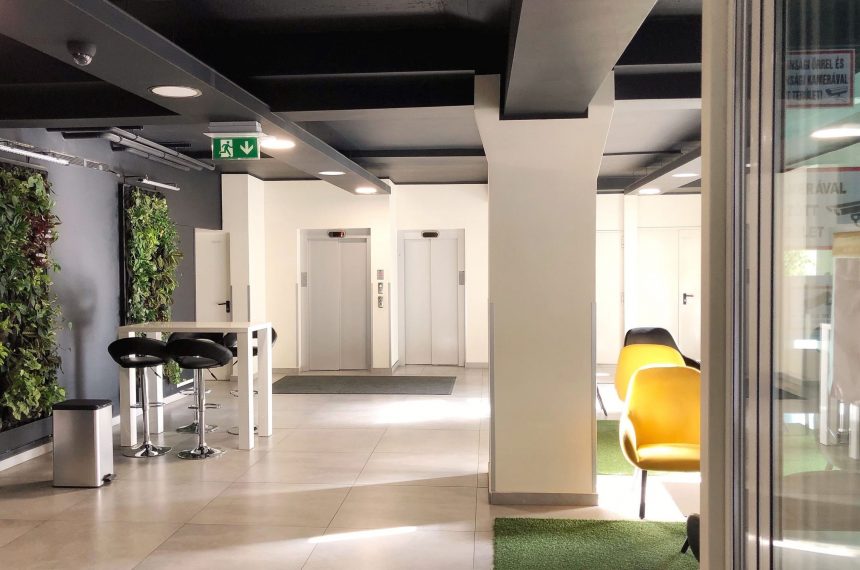Maintaining Operations During a Pandemic
The coronavirus pandemic has organizations across the world evaluating the way they respond to global emergencies. Most businesses will be tasked with operating at a normal level while this pandemic unfolds, and have a major responsibility to protect employee’s health and safety at an elevated level. Establishing short-term policies and procedures help employers address challenges they might face when trying to maintain operations during a pandemic. Each company should work closely with local and state officials when creating these plans, but here are some recommended strategies for employers and employees to use during the coronavirus pandemic.
Strategies for Employers During Coronavirus Pandemic
As of today, some companies are still operating with staff in the workplace. Industries like government and healthcare will be required to have employees on location at all times while this pandemic evolves. Here are a few helpful strategies employers can use:
• Reduce visitor traffic
Organizations should try to reduce visitor traffic to the office at this time. There is a risk that people visiting your office might be carrying the COVID-19 virus even though they are not showing symptoms. Employees might be unknowingly exposed and the coronavirus could spread around the organization. A visitor management system lets companies have a tighter lock on who they’re allowing into their building with things like watch lists, barred visitors, and instant host notifications. Our visitor management software also helps with pre-screening questions that are fully customizable for each organization if you still have visitors at this time.
• Encourage sick employees to stay home
Employees who are showing symptoms such as fever or respiratory illness should stay home and notify their supervisor of their symptoms. Companies should also ensure their sick-leave policies are consistent with public health guidance and remain flexible when their employees have to stay home to care for sick family members.
• Routine office cleaning
Companies should be routinely cleaning all frequently touched surfaces in the workplace and use disinfectant cleaning agents in these areas. Also, provide employees easy access to things such as hand sanitizer and disposable wipes they can use on these commonly used surfaces.
How to Protect Yourself in the Workplace
If an individual is still required to be in the workplace during the coronavirus pandemic there a few strategies they can take to reduce the risk of becoming ill. Avoid crowded settings or minimize time there, practice basic hygiene, and take social distancing precautions. The following can be used in every workplace regardless of industry:
- Wash your hands frequently for at least 20 seconds
- Avoid shaking hands
- Avoid close contacts (within 6 feet) of coworkers and customers
- Frequently clean commonly touched surfaces
- Avoid touching your nose, mouth, and eyes
- Limit unnecessary visitors to the workplace
- Minimize group meetings
- Stay home if you’re sick
Interim Guidance for Businesses
Many organizations like the CDC, OSHA, and DOL are providing interim guidance to help prevent workplace exposure to COVID-19. An important aspect of limiting the spread of the virus in the workplace is reducing visitor traffic. If organizations still have visitors right now a visitor management system helps pre-screen visitors with questions like ‘Have you recently traveled outside of the country?’ and/or ‘Have you recently been in contact with someone who has a confirmed case of coronavirus (COVID-19)?’. This allows companies to either approve or deny a visitor, and hopefully reduce the risk of exposure on company grounds.
We know these are difficult times and some companies and individuals will be impacted greatly due to it, but we’re here to help companies figure out ways to stay safe and secure during this pandemic. Contact Veristream at 1-888-718-0807 to see how your company can benefit from screening visitors with our digital solution, or schedule a demo online to see the full functionality of our system.



